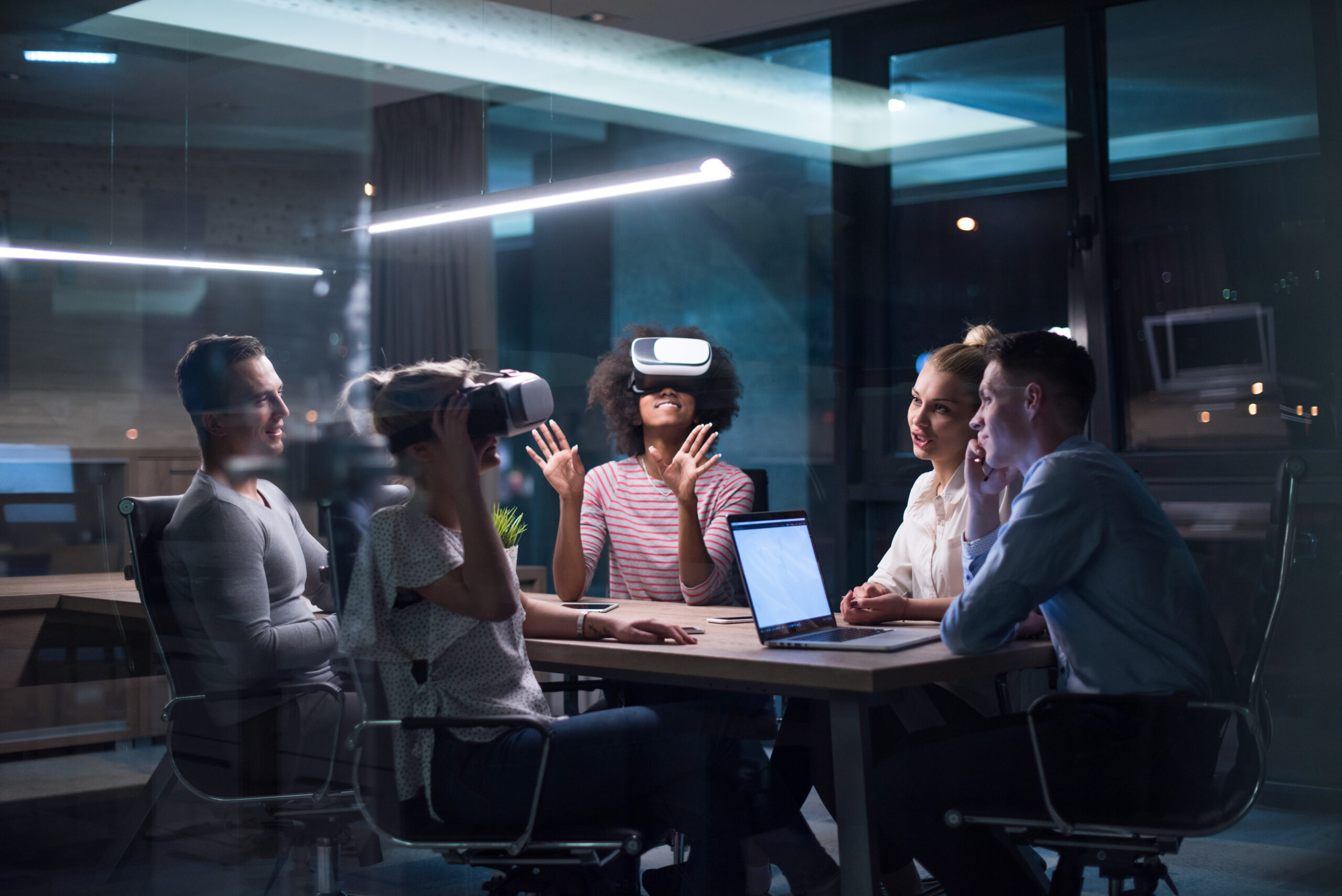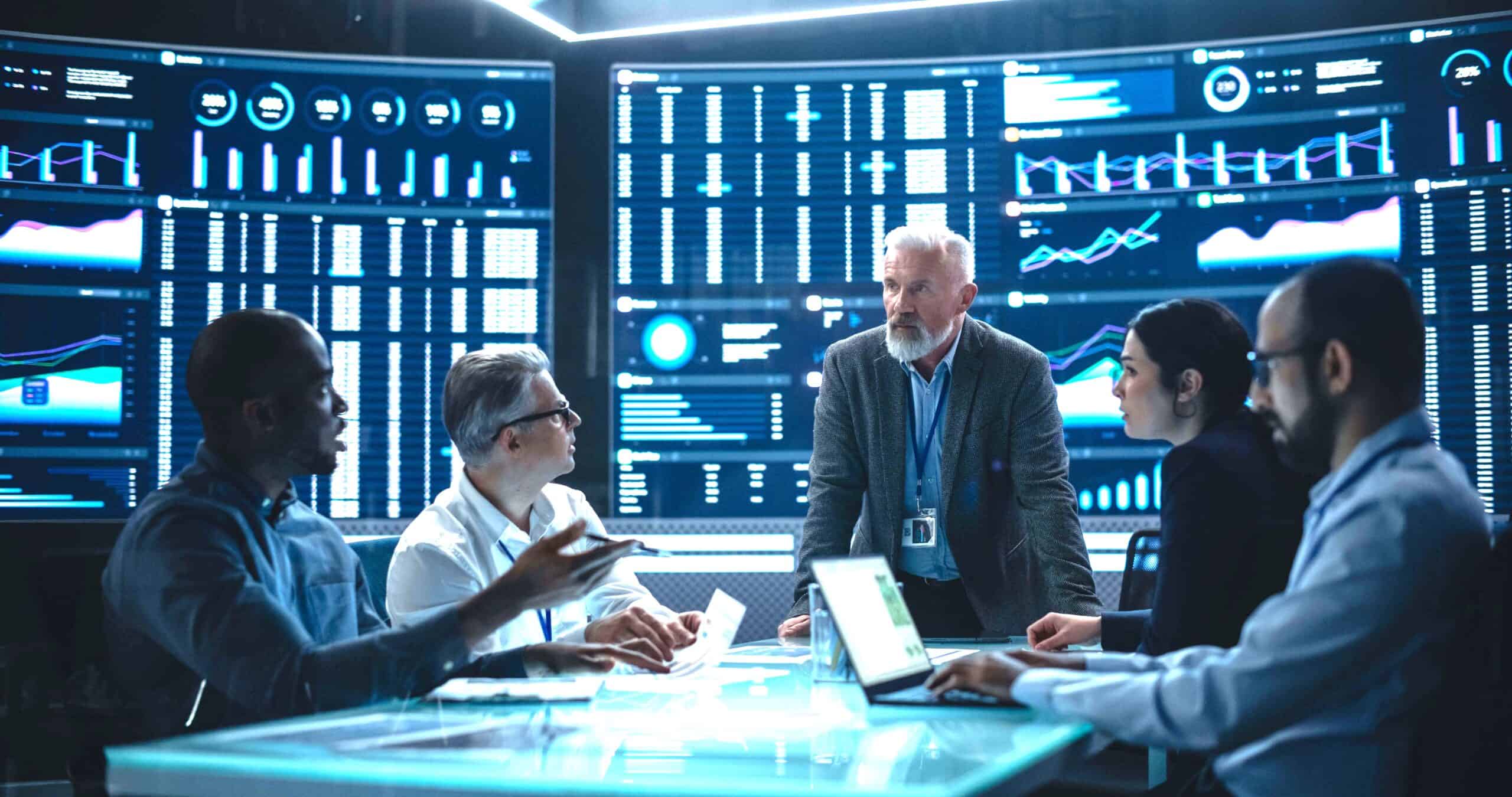- Why is VR so useful for hard skills training?
- VR hard skills training in action
As technology continues to develop, employees often do not learn how to use new technologies, and fall behind. The need for hard skills also relates to more than just technology – new job roles and processes are also continually coming into existence. To address existing skills gaps, sufficient learning and training programmes must be designed and implemented. Unfortunately, new hires are often less likely to possess the hard skills needed for job roles when compared to broader soft skills that they may have developed in previous roles. Existing employees also often need to be trained in how to use new technologies and apparatus, and sometimes in new job roles and processes as well. Teaching hard skills traditionally involves observing others carrying out processes and then learning through practice. However, virtual reality (VR) is increasingly becoming used for the teaching and learning of hard skills.
Why is VR so useful for hard skills training?
One particular advantage of using VR is the ability to carry out training remotely. Even in highly location-specific industries like construction and manufacturing, remote work is sometimes still carried out (even if only temporarily). VR simulations of real-world spaces and equipment can help employees learn hard job skills even if they don’t have physical access to spaces and equipment (other than a VR headset, of course).
This also has health and safety benefits. Employees can practise using potentially dangerous equipment in a virtual environment for a while without having to use it in a physical space. Learning is often a case of trial and error and gradual improvement – going through these early stages using only virtual spaces and equipment can keep learners and their colleagues safe, and also help organisations avoid costly damages. VR is proving to be useful for training employees on how to respond to emergency situations, such as fires, robberies, and medical emergencies. The ability to practise physical responses in a representation of a real space can be much more effective for learning than simply reading a text or watching a presentation about the topic.
VR hard skills training in action
Forage is a provider of ‘virtual internship’ programmes. The company has designed courses based on the reality of working for firms like Deloitte and Linklaters, which enable students to experience simulations of working at those organisations. Students can learn and practise the skills specific to those roles and increase their experience and employability. Another VR training provider is VR Vision, which has carried out various training exercises. For French firm Thales Group, which designs and manufactures electrical systems, VR Vision used the game Keep Talking and Nobody Explodes to teach employees not only critical thinking and teamwork, but how to defuse a bomb in the event of a bomb scare.
Closing thoughts
The role of VR in our daily lives is likely to continue increasing, and this trend will also extend to our workplaces. For organisations and HR departments, the uses of VR for designing training programmes are particularly relevant. VR can be used to help employees develop essential hard skills in safe, risk-free virtual environments. Compared to traditional forms of training, VR training can be less expensive and impractical while still offering the benefits of ‘hands-on’ training.




